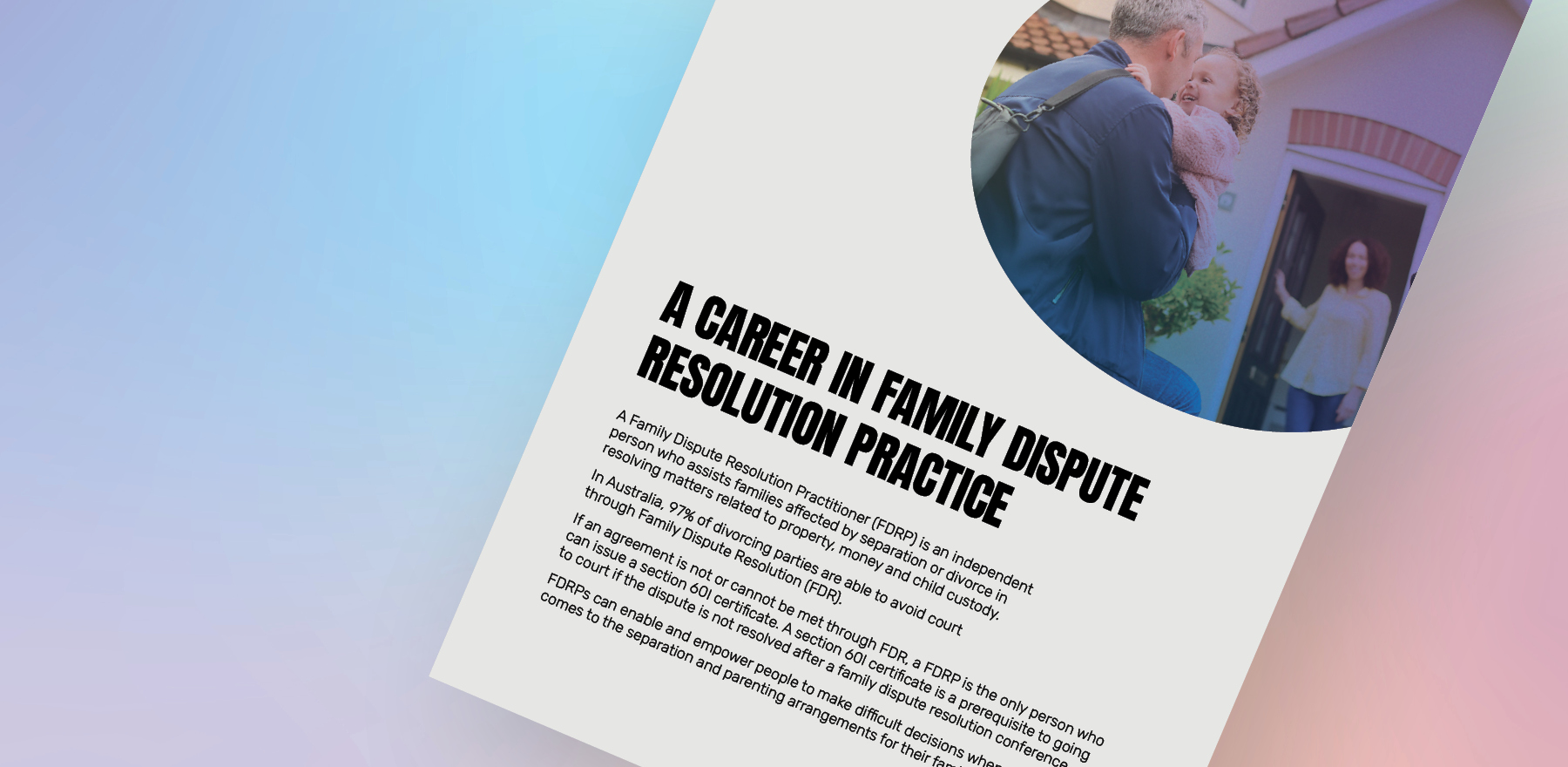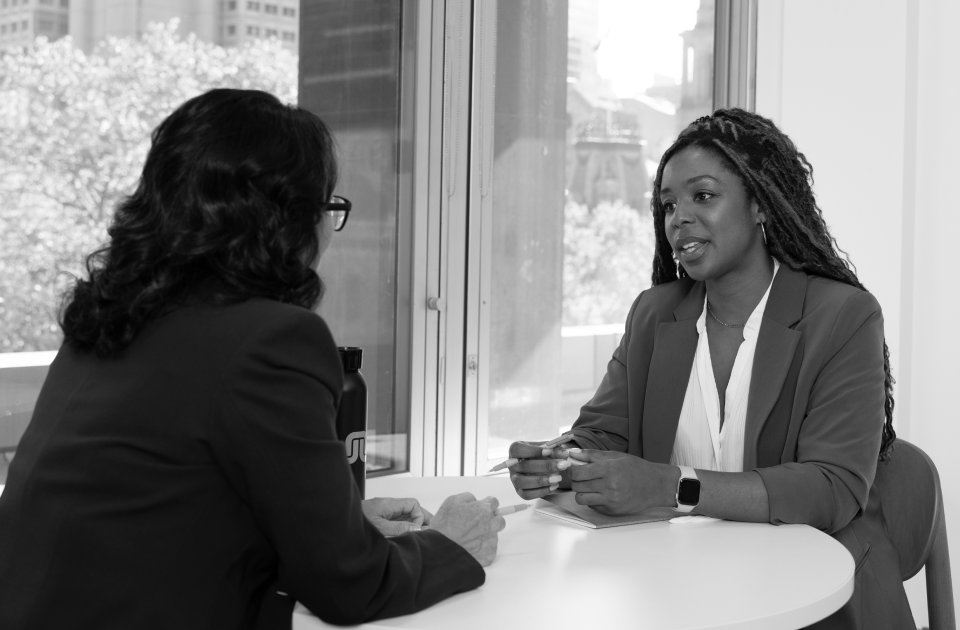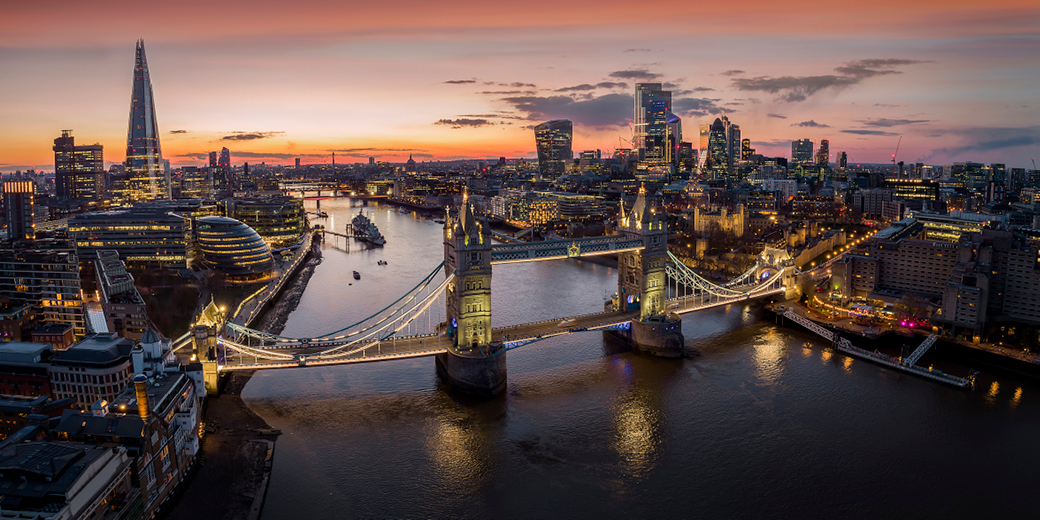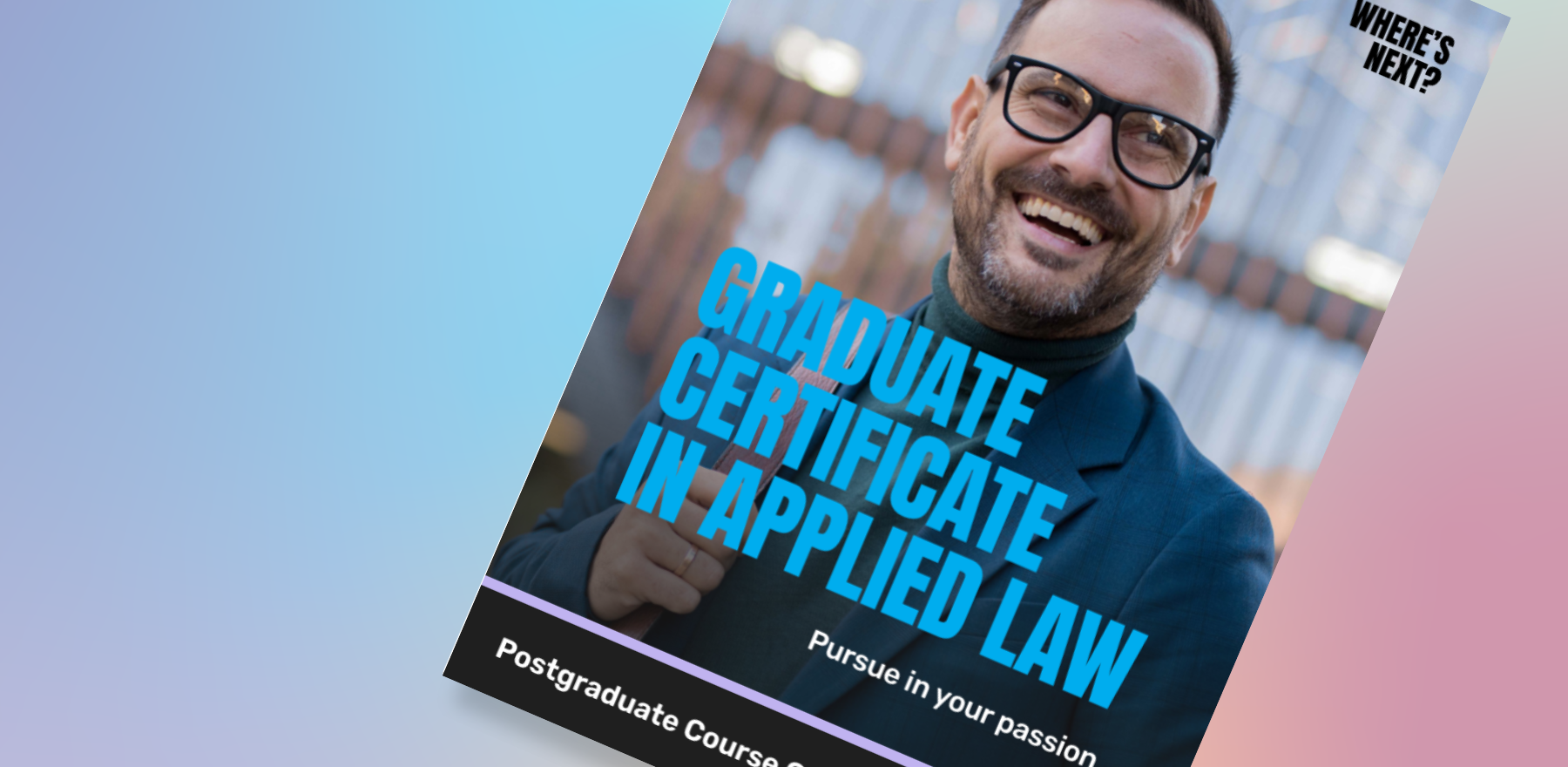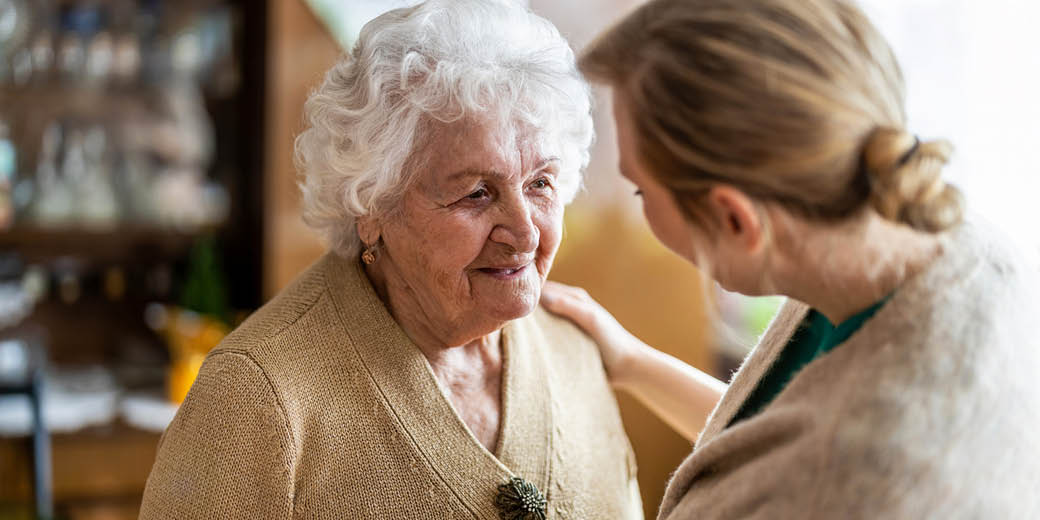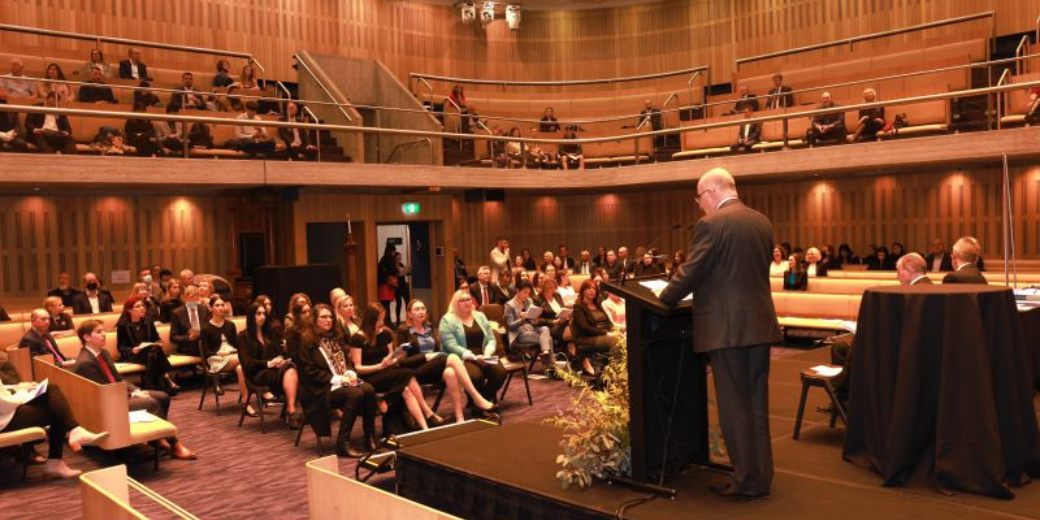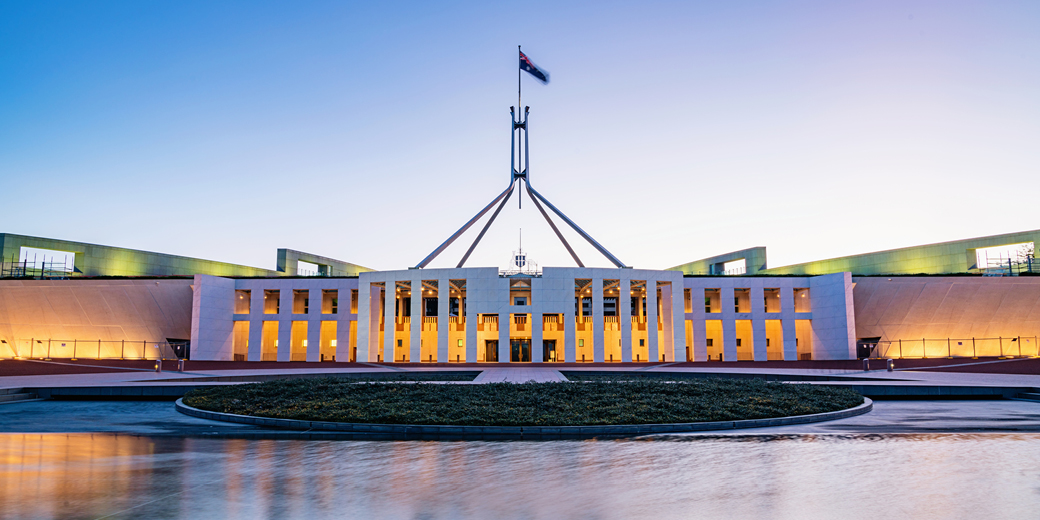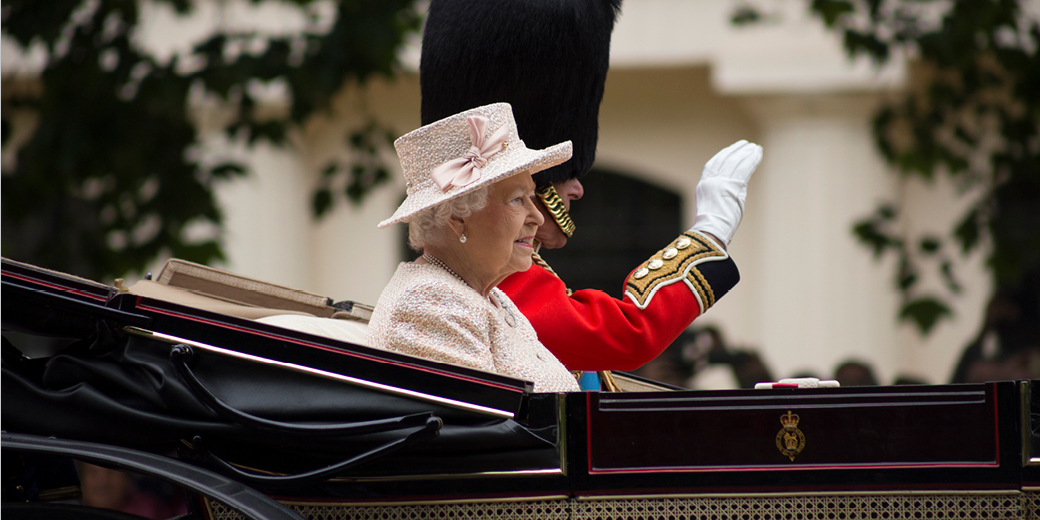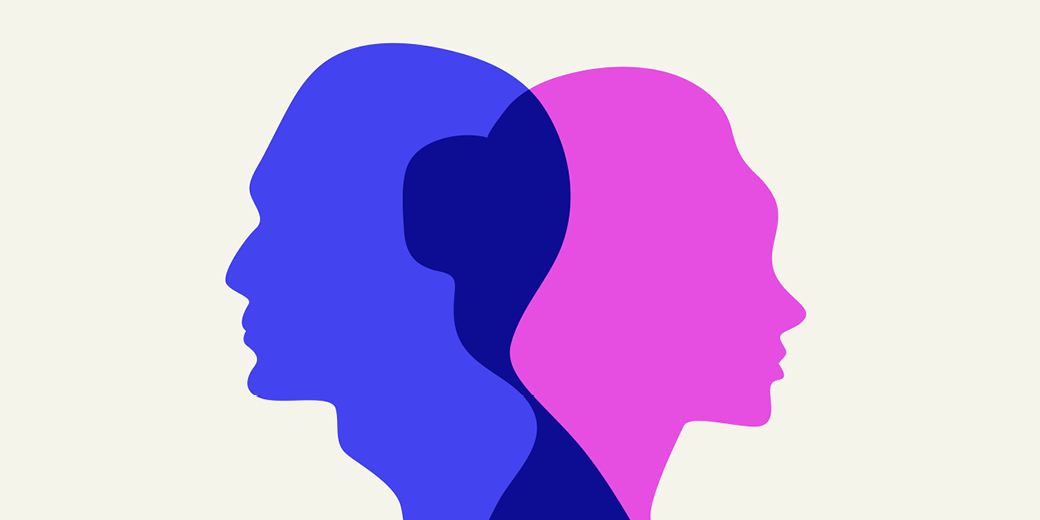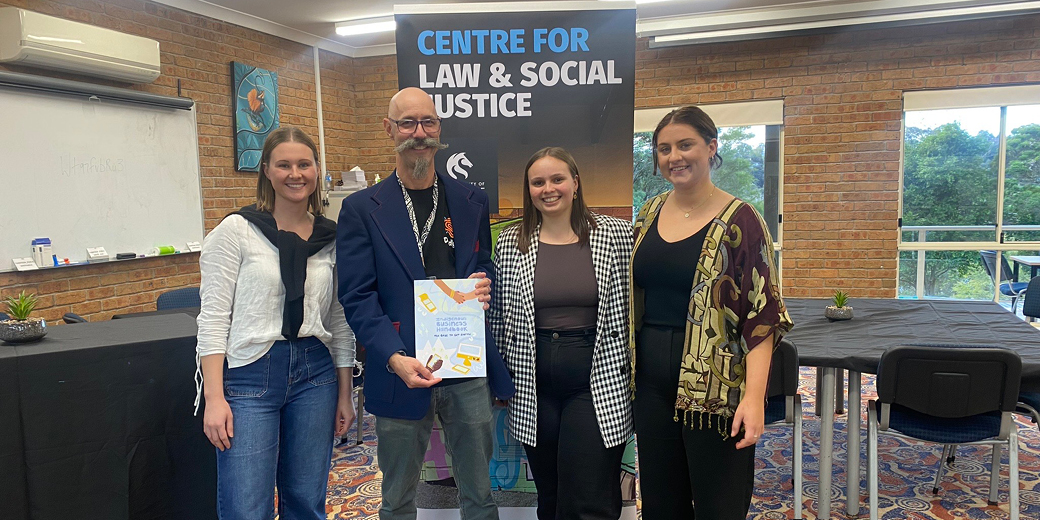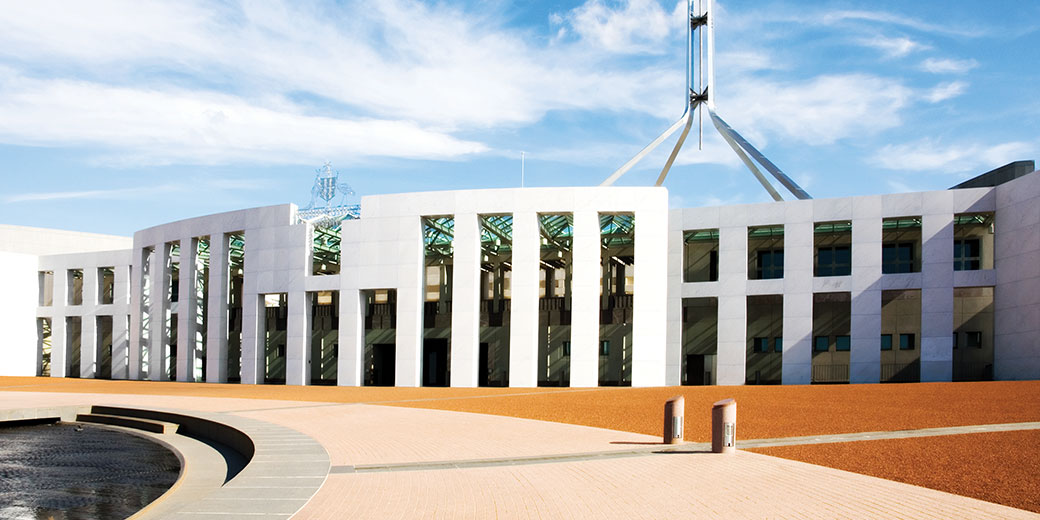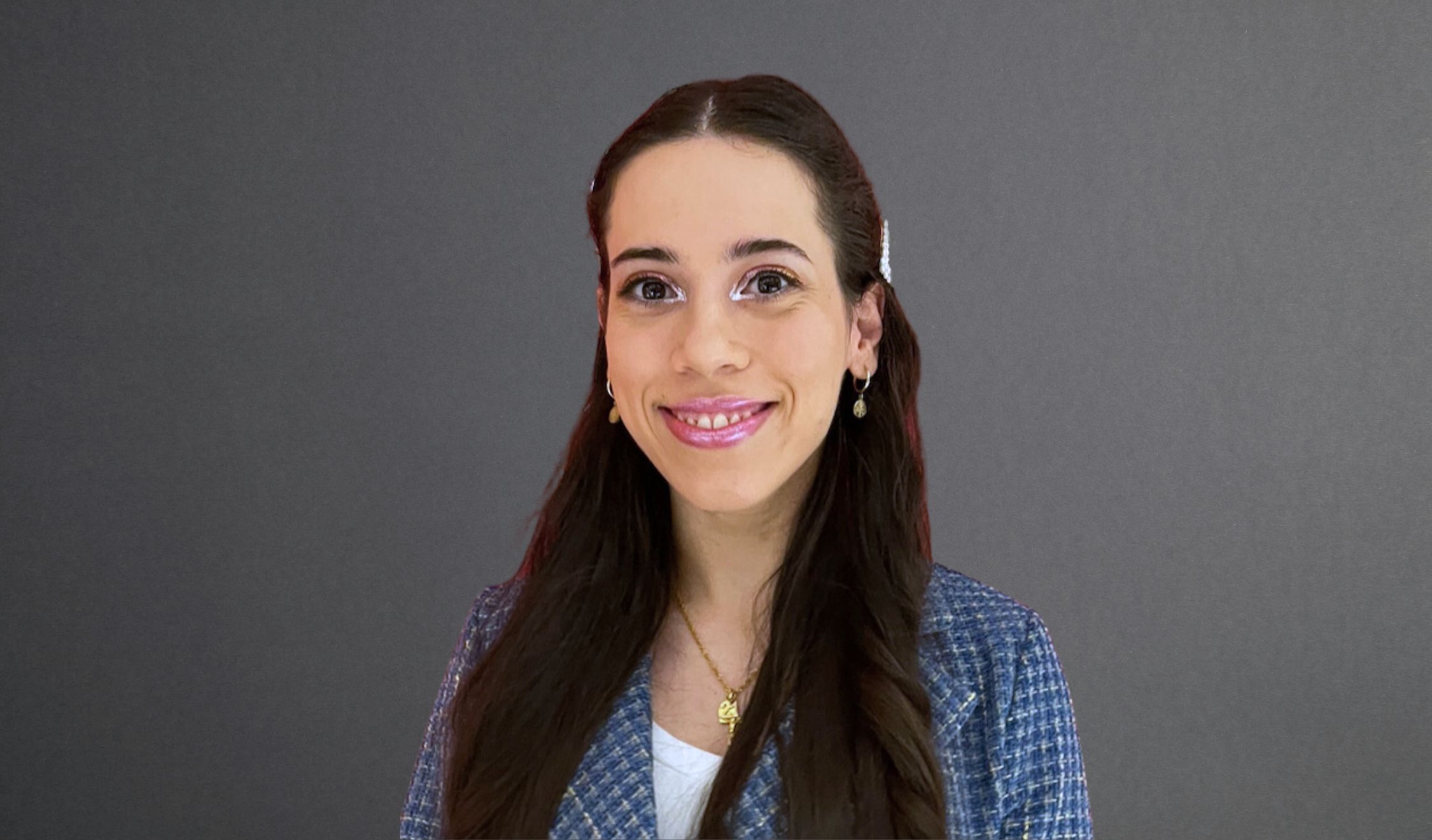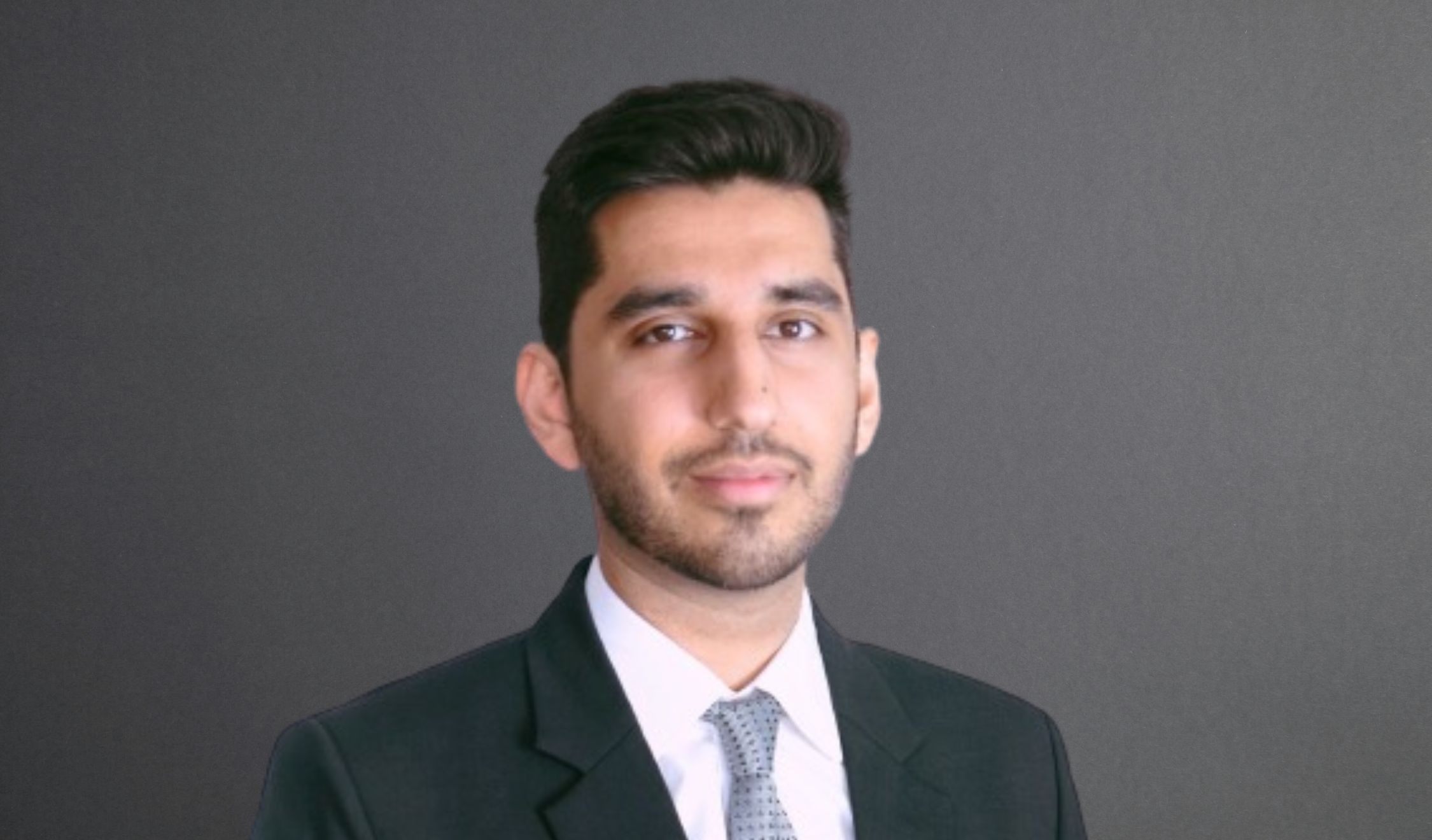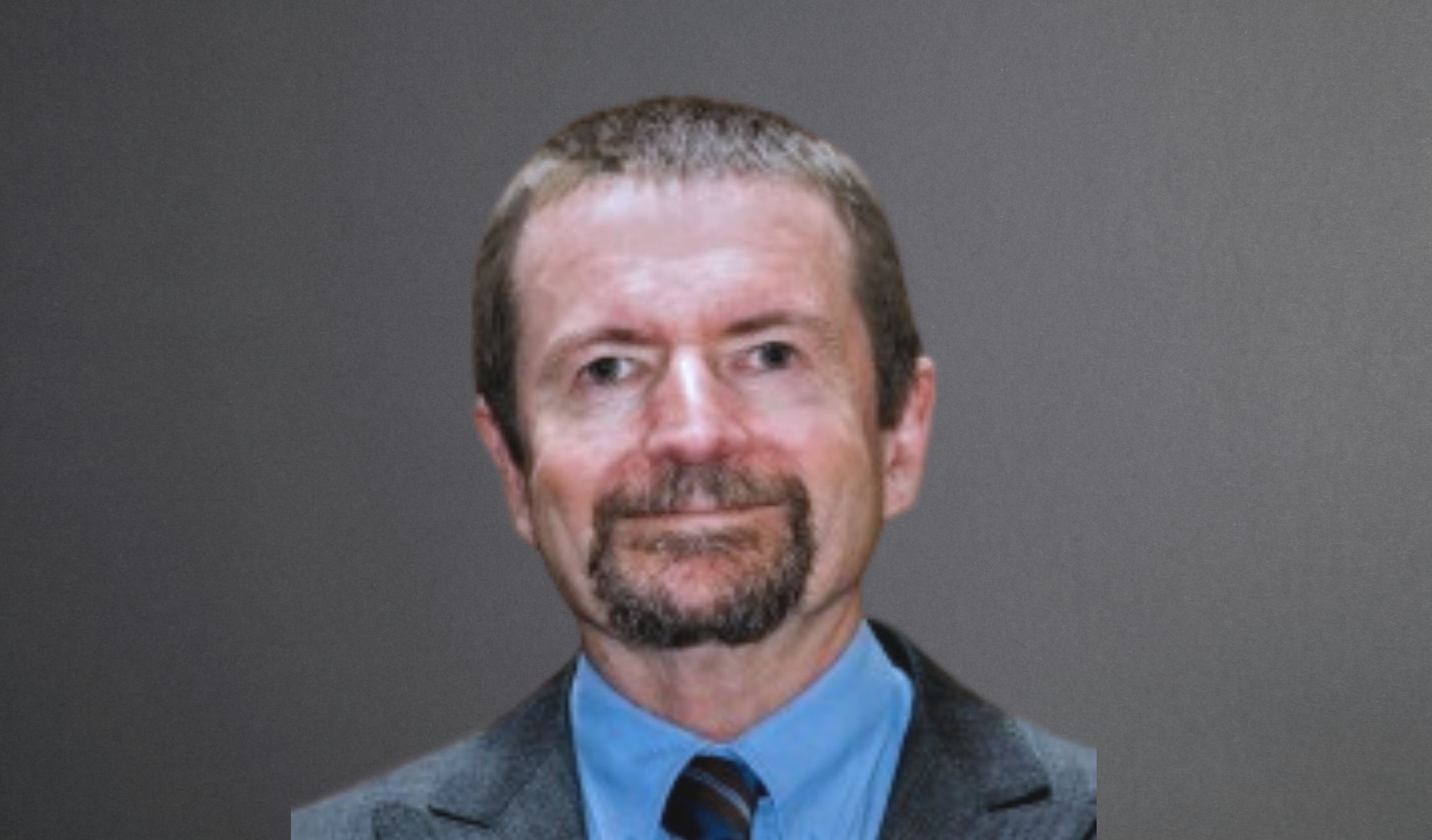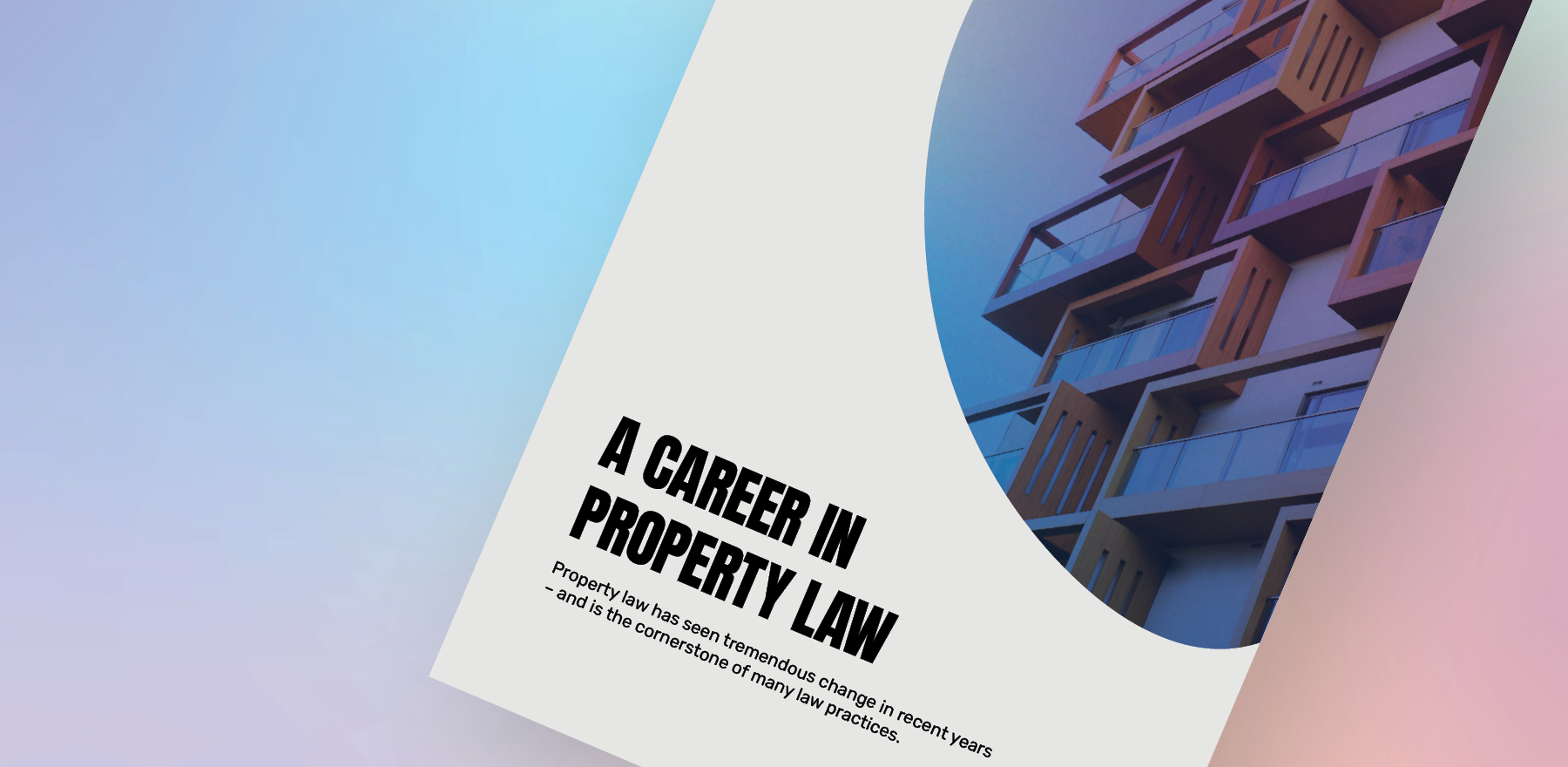The Official Opening Ceremony Speech delivered by Joseph Catanzariti AM, Chair of the Board of Governors, the College of Law.
When the College of Law was first established, during 1972-1974, it was a time of great upheaval in the world. The Vietnam War and the Cold War were both at their heights. The so-called Great Inflation was impacting all world economies. Negative economic growth was widespread, with stagnation occurring in many places, as well as high budget deficits and interest rates.
It was also a time of social disruption marked by a restless questioning of traditional authority. The Women’s Movement, or Women’s Liberation, the Youth Revolution, and the first of the Environmental Movements were some of many social movements that began during this era.
Debate in the legal profession was dominated by concerns about social justice and the fight for equality of marginalised groups, as the courts, government bureaucracies and legal institutions of all kinds strived to adapt to changing social priorities.
Born into the tumultuous world, the College was always intended to be responsive to those new priorities, modern in its outlook and contemporary in its focus and methods. A core purpose was to democratise entry to the legal profession as well as to standardise baseline training levels in order to support the profession’s institutional responses to rapidly changing social mores.
Over time, the College became an important instrument of stability for the legal profession, first in New South Wales, then across Australia, New Zealand and, most recently, the United Kingdom.
From the premises the College occupied for its first half century, it achieved:
- More than 100,000 law graduates trained for first admission to practice
- More than a million practitioner-hours of seminars and other continuing education programs
- Tens of thousands of practising lawyers achieving specialist credentials of various kinds
- Many thousands of participants in conferences, committees, boards and working parties all active in the cause of legal education as an instrument of social advancement.
FIFTY YEARS LATER
Fifty years later, we come together today in these new premises to reaffirm the important role of the College in the profession. As we do so, we catch echoes in the world around us of challenges quite similar to those of the early 1970s.
There is war in Europe, with worldwide inflation, rising interest rates, budget deficits and widespread negative growth.
There is also a new generation of lawyers thinking about social equality - in terms of identities, sexualities, and communities - with diversity its principal concern.
Another great social issue of our times is the environment and the notion of sustainability within the environment. At the recent International Bar Association Conference in Miami, the United Nations 2030 Agenda for Sustainable Development dominated discussion. This agenda is a set of 17 integrated and individual goals to connect people, plant and prosperity. All 193 member states have signed up to the associated statement of Sustainable Development Goals (the SDGs).
A main theme emerging at the conference was the troublingly slow rate of progress against the agenda with not a single SDG on track to be achieved by 2030. This is an outcome which should concern us all. Increasingly in the world, we see fine words enshrined in high principles, consented in by all but unmatched by the practical, on-the-ground actions of anyone.
Goal 16 relates to peace, justice and strong institutions and must not be permitted to fail for want of action. It merits our close attention as College leaders move toward the next stage of high level goals to guide the organisation into its next fifty years.
THE NEXT FIFTY YEARS
The New College of Law must be:
- International in its outlook.
- Practical, useful and outcomes-focused in the orientation of its programs toward an increasingly broad view of the needs of diverse people and communities.
- Concerned with the types of institutional strengthening initiatives which best support peace and justice in all its forms, including social justice and, importantly:
- It must be invested in the capacity of education to elevate marginalised groups and to change the course of lives and nations.
The College is in a position of significant influence to support these kinds of goals. As the largest pre-admission provider in Australia and New Zealand, it trains around 70% of all new lawyers in Australasia, including many who will not go on to orthodox careers in law, but who will use their legal training to work in business, government and non-government institutions. The College’s postgraduate programs are the second largest in Australia and have brought Masters-level study to practice areas not often well serviced by universities - family law, property law, wills and estates, dispute resolution - these practice areas go to the heart of legal practice, touching individuals and families. It is these consumers of legal services who often have the least access to justice.
Our UK subsidiary, The College of Legal Practice, has been established in direct response to regulatory changes in England & Wales which are specifically intended to ensure diverse and equitable access to careers in law. It is aligned to our mission of service to the Australian legal profession, not beyond or separate from it.
More generally on the international front, the College continues to share this expertise throughout the region. We work closely with local law societies and bar associations throughout Asia-Pacific to tailor education and training for their members.
Our long-standing relationship with LawAsia is key to our presence in the Asia-Pacific. We support the LawAsia International Moot Competition, the Premier International Moot in the Asia-Pacific region and a launchpad for future lawyers across the region.
In early 2002, the College, in partnership with the Asian Development Bank engaged in an important training program for judicial officers in Cambodia involving the skills of case management and helping to strengthen the efficient management of the court system in that country.
Earlier this month, the College welcomed its first group of international visitors back after COVID, training a cohort of Vietnamese lawyers from a number of government agencies around the future operations of legal departments in those agencies.
Through its relationship with the International Bar Association, the College has recently produced an important new online training program addressing issues of sexual harassment and bullying in the legal workplace, now available to more than 80,000 members of the IBA and their firms.
The IBA does important work and the College’s strengthening links with that organisation indicate a bright future. Chief Academic Officer Lewis Patrick has recently concluded a term as chair of the IBA’s Academic and Professional Development Committee. For my own part, I have had the opportunity to chair its LGBT committee and am now also part of its rule of law forum.
There is much need to improve the profession locally and internationally, and much to be done in policy development, education design and training activity. The College will succeed whenever it frames its forward goals by reference to those needs and activities.
Over the past half-century, the College’s sense of its role in the world has evolved, responding to the broadening ambitions of our profession and our nation. With this theme in mind, we are grateful for the support and sponsorship of the Attorney-General of Australia, The Honourable Mark Dreyfus, in this, the official opening of the new national and international headquarters of the College of Law, here in Sydney.
Please see more details on the new international headquarters.
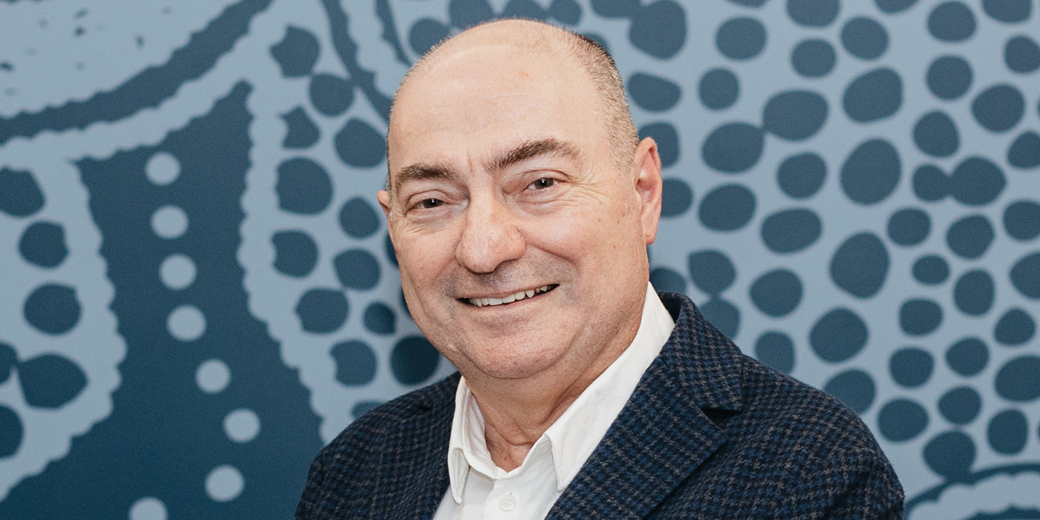


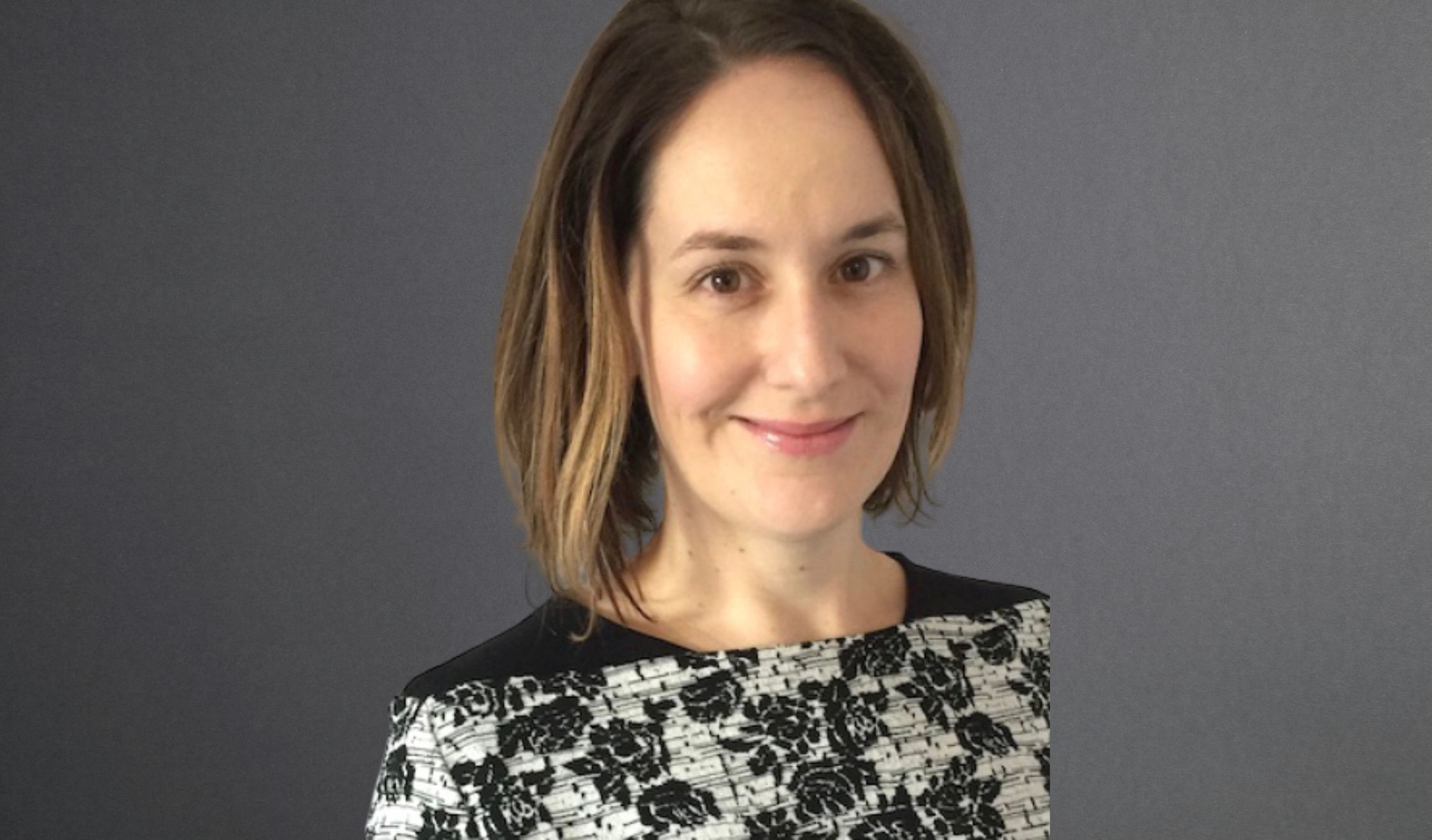
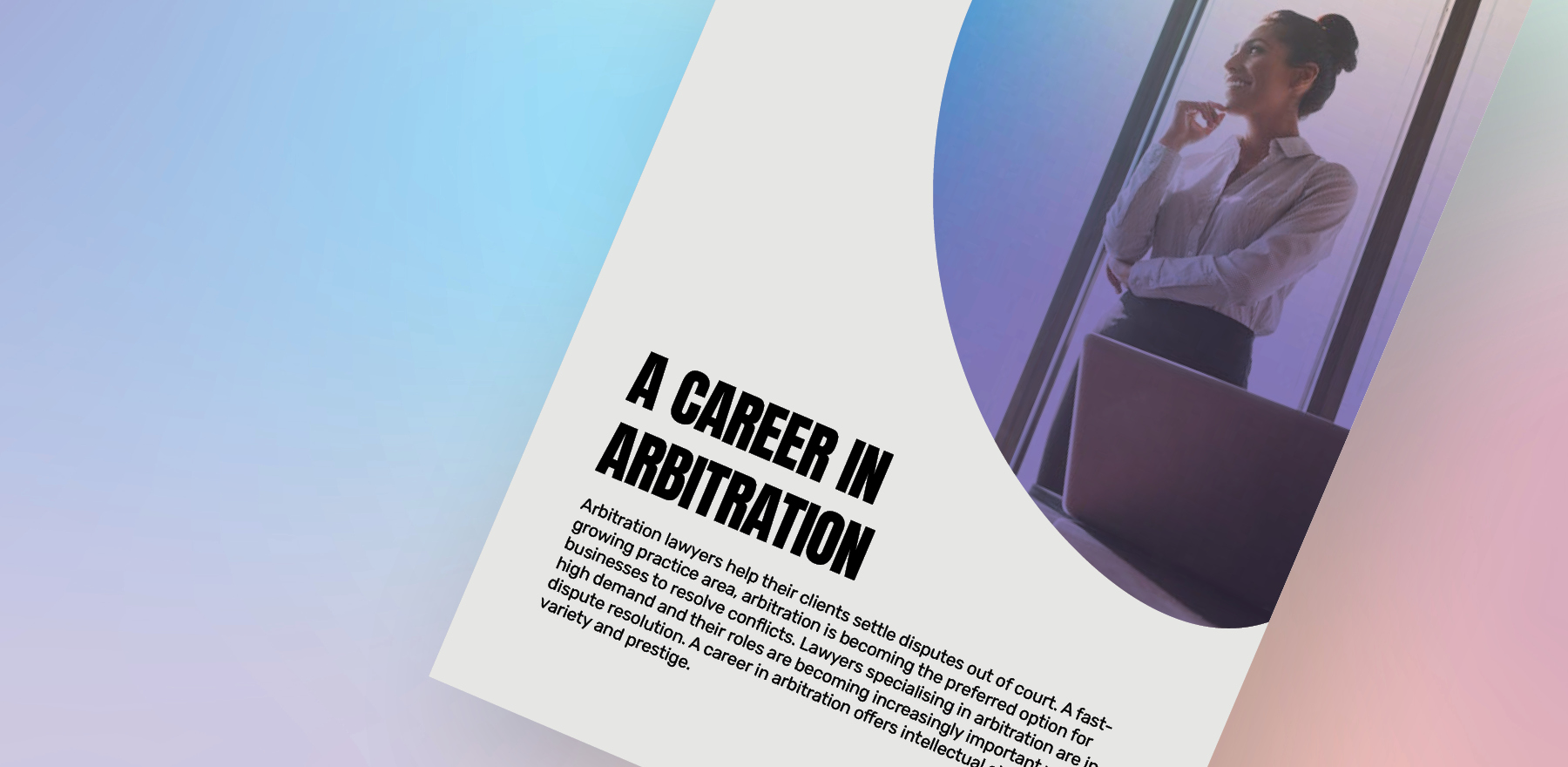












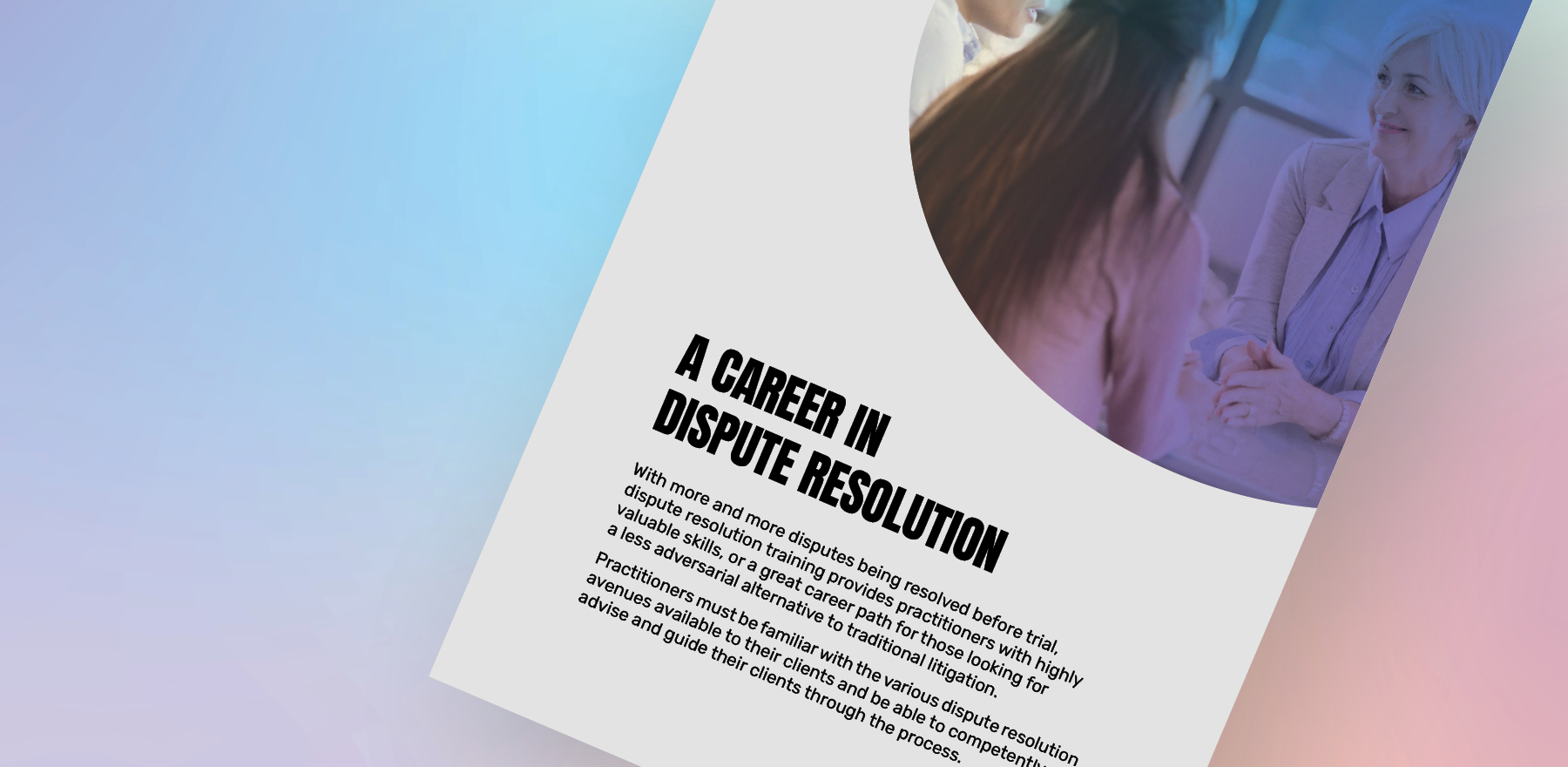





















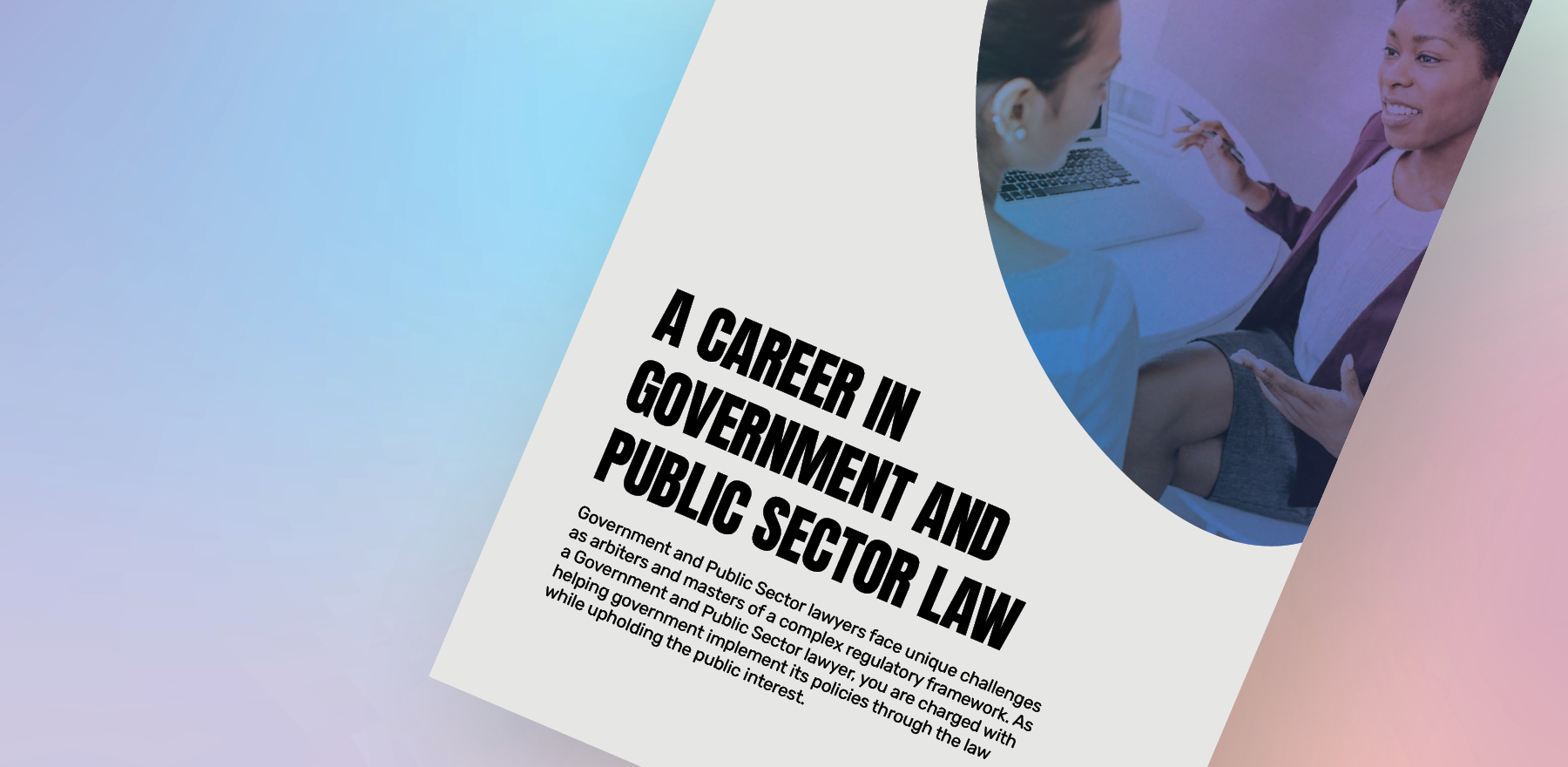


![How to handle Direct Speech after Gan v Xie [2023] NSWCA 163](https://images4.cmp.optimizely.com/assets/Lawyer+Up+direct+speech+in+drafting+NSW+legislation+OCT232.jpg/Zz1hNDU4YzQyMjQzNzkxMWVmYjFlNGY2ODk3ZWMxNzE0Mw==)











